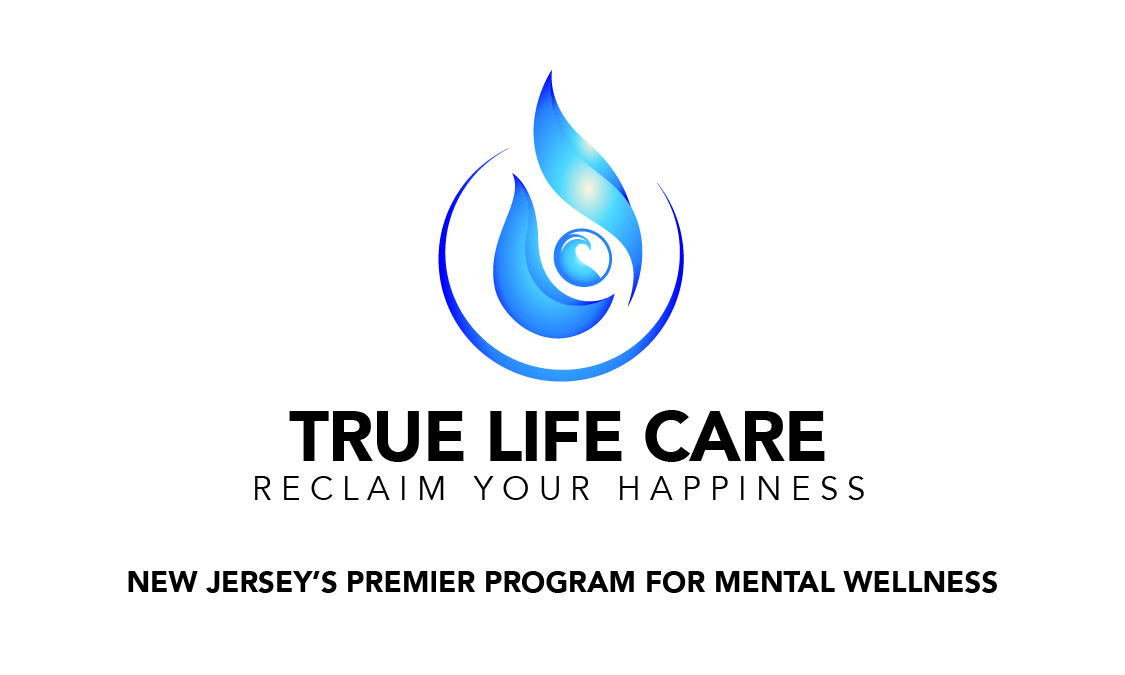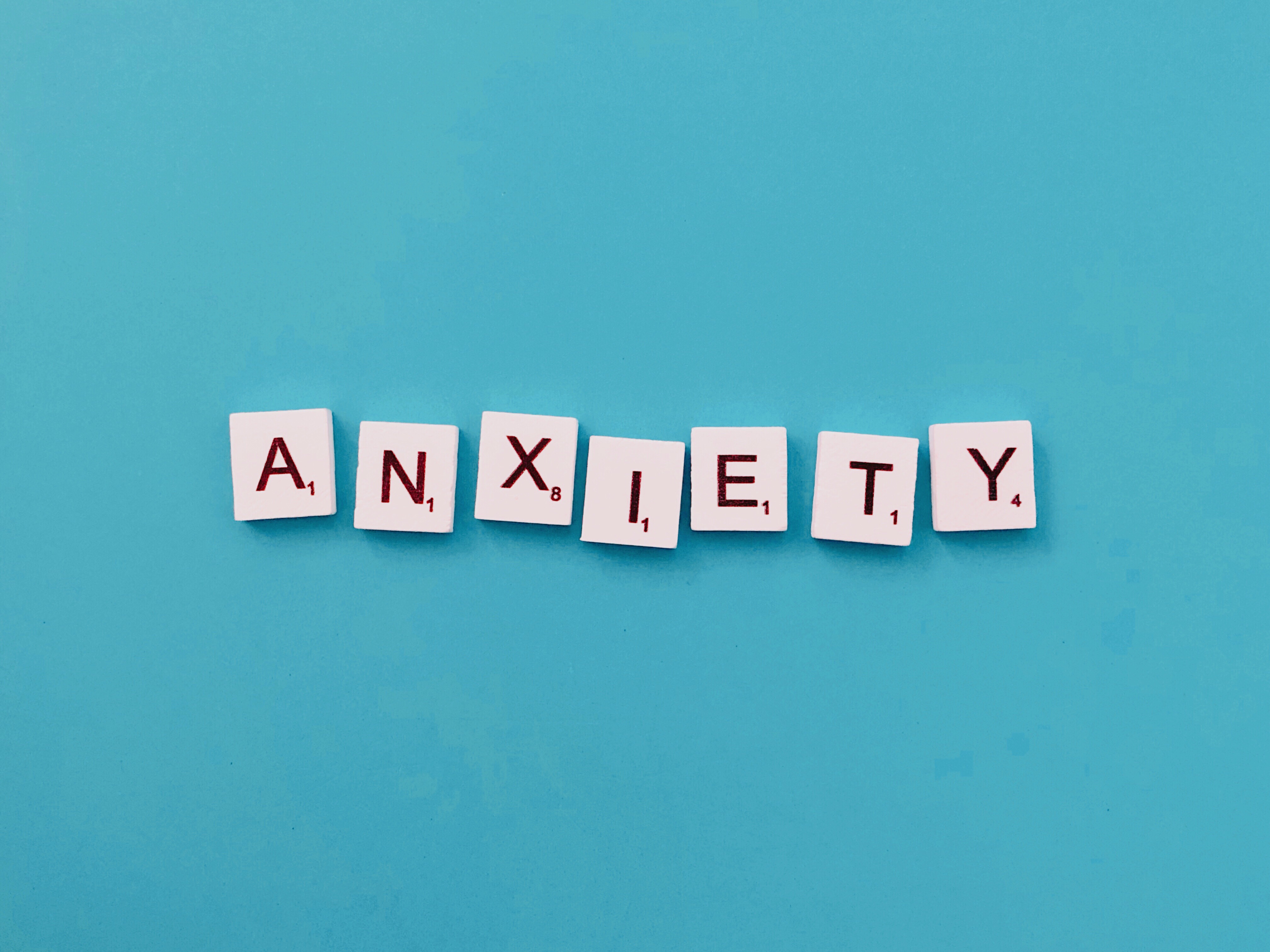In today’s fast-paced world, mental health and substance use disorders are increasingly prevalent, often occurring simultaneously. This co-occurrence of mental health and substance use disorders is known as dual diagnosis. Addressing these conditions together, rather than separately, is essential for effective treatment and recovery. Dual diagnosis treatment aims to provide comprehensive care that tackles both issues at once, ensuring a more holistic approach to healing.
Mental Health Matters – Make it a Priority! If you or a loved one are ready to begin regaining autonomy over your health and well-being, know that we’re here for you. Let us guide you through your recovery journey and enable you to lead the happy, healthy, and fulfilling life you deserve. Contact us for Mental Health Services in New Jersey.
Dual diagnosis treatment centers in New Jersey are at the forefront of this innovative approach. These centers are equipped with specialized programs and trained professionals who understand the complexities of co-occurring disorders. By integrating mental health services with substance use treatment, they offer a tailored approach that increases the likelihood of long-term recovery.
These facilities often employ a range of therapeutic modalities, including cognitive-behavioral therapy (CBT), medication management, and holistic therapies such as yoga and meditation. The goal is to address the underlying causes of both mental health and substance use issues, providing patients with the tools and support they need to build resilience and maintain sobriety.
Importance of Specialized Treatment

When it comes to dual diagnosis, the importance of specialized treatment cannot be overstated. Individuals dealing with co-occurring disorders face unique challenges that require a tailored approach. Traditional treatment programs may not adequately address the intricate relationship between mental health and substance use disorders, leading to less effective outcomes.
Specialized treatment programs are designed to meet the specific needs of those with dual diagnoses. These programs incorporate integrated care, where mental health and substance use professionals collaborate to develop comprehensive treatment plans. This collaboration ensures that all aspects of a patient’s condition are addressed simultaneously, promoting more effective and sustainable recovery.
One of the key benefits of specialized treatment is the ability to provide personalized care. Each individual’s journey to recovery is unique, and specialized programs take this into account by offering customized treatment plans. These plans may include a combination of therapy, medication management, and holistic approaches, all tailored to the individual’s specific needs. This personalized approach helps patients feel more understood and supported throughout their recovery journey.
Moreover, specialized treatment centers often have access to advanced therapeutic techniques and resources that are not available in conventional treatment settings. For instance, they may offer dual-focused therapy sessions that address both mental health and substance use issues concurrently. This dual-focus approach helps patients gain a deeper understanding of the interconnectedness of their conditions and equips them with the skills to manage both effectively.
In summary, specialized treatment is crucial for individuals with dual diagnoses. It offers a comprehensive, personalized, and integrated approach that significantly enhances the chances of long-term recovery. By addressing both mental health and substance use disorders together, these programs provide a solid foundation for a healthier, more fulfilling life.
Top Dual Diagnosis Centers in New Jersey

New Jersey is home to some of the top dual diagnosis treatment centers in the country, offering specialized care for individuals dealing with co-occurring mental health and substance use disorders. These centers are renowned for their comprehensive and integrated treatment approaches, which cater to the unique needs of each patient.
**Carrier Clinic** in Belle Mead is one such esteemed facility. Known for its serene environment and expert staff, Carrier Clinic provides a range of services, including detoxification, inpatient rehabilitation, and outpatient programs. Their specialized dual diagnosis track ensures that patients receive holistic care, addressing both mental health and substance use disorders concurrently.
Another notable center is **Hampton Behavioral Health Center** located in Westampton. This facility offers a comprehensive dual diagnosis program that combines evidence-based therapies with personalized treatment plans. Patients benefit from individualized attention and a multidisciplinary approach that includes psychiatric care, counseling, and support groups.
**Summit Behavioral Health**, with locations in Princeton Junction and Florham Park, also stands out for its dual diagnosis treatment programs. They provide a continuum of care that includes inpatient, outpatient, and intensive outpatient services. Summit’s integrated approach involves collaboration between mental health professionals and addiction specialists to create customized treatment plans that cater to the specific needs of each patient.
**Princeton House Behavioral Health** in Princeton is another leading dual diagnosis center. They offer a variety of programs, including partial hospitalization and intensive outpatient services. Their dual diagnosis treatment focuses on providing comprehensive care that addresses both mental health and substance use issues, ensuring patients receive the support they need for a successful recovery.
Each of these centers exemplifies the high standard of care available in New Jersey for individuals with dual diagnoses. By choosing a specialized treatment center, patients can benefit from a holistic, integrated approach that significantly improves their chances of achieving long-term recovery and a healthier, more fulfilling life.
Key Features of Leading Centers

When seeking treatment for co-occurring mental health and substance use disorders, it is crucial to choose a center that offers comprehensive and integrated care. The leading dual diagnosis treatment centers in New Jersey share several key features that set them apart and ensure the best possible outcomes for their patients.
One of the primary features is **personalized treatment plans**. Each patient’s journey to recovery is unique, and top centers recognize this by crafting customized treatment programs that address the specific needs of the individual. This tailored approach ensures that both mental health and substance use issues are treated concurrently, enhancing the efficacy of the treatment.
Another important feature is the **multidisciplinary team**. Leading centers employ a diverse team of professionals, including psychiatrists, psychologists, addiction specialists, counselors, and social workers. This collaborative approach ensures that patients receive well-rounded care that addresses all aspects of their condition.
**Evidence-based therapies** are also a hallmark of top dual diagnosis centers. These centers utilize proven therapeutic modalities such as Cognitive Behavioral Therapy (CBT), Dialectical Behavior Therapy (DBT), and Motivational Interviewing (MI) to help patients develop coping strategies and address the underlying causes of their disorders.
**Comprehensive continuum of care** is another critical feature. Leading centers offer a range of services that include detoxification, inpatient treatment, outpatient programs, and aftercare support. This continuum ensures that patients receive consistent care throughout their recovery journey, reducing the risk of relapse.
Lastly, **family involvement and support** play a crucial role in the recovery process. Top centers recognize the importance of involving family members in treatment through family therapy sessions and support groups. This approach helps to rebuild relationships and provides patients with a strong support system.
By offering these key features, the leading dual diagnosis treatment centers in New Jersey provide a robust foundation for individuals seeking recovery from co-occurring disorders. These elements work together to create a comprehensive, holistic approach that significantly enhances the chances of long-term success.
Success Stories and Testimonials

One of the most compelling ways to understand the impact of dual diagnosis treatment centers in New Jersey is through the **success stories and testimonials** of those who have walked the path to recovery. These personal accounts not only highlight the effectiveness of the treatment programs but also offer hope and inspiration to those currently struggling.
Many individuals have shared their journeys of transformation, detailing how comprehensive care at these centers helped them regain control over their lives. For instance, Jane, a former patient, recalls how the **personalized treatment plans** and compassionate staff at her treatment center enabled her to address both her anxiety disorder and substance use simultaneously. She emphasizes how the integrated approach made her feel understood and supported, ultimately leading to her successful recovery.
Similarly, John, another former patient, speaks highly of the **multidisciplinary team** that worked with him. He attributes his recovery to the collaborative efforts of his psychiatrist, therapist, and addiction specialist. John explains that their combined expertise provided him with a holistic understanding of his conditions and effective strategies to manage them.
Testimonials also frequently mention the **evidence-based therapies** that were pivotal in their journey. For example, Maria credits her progress to the Cognitive Behavioral Therapy (CBT) sessions she attended, which equipped her with practical tools to cope with triggers and stressors. She highlights the importance of these scientifically-backed methods in her sustained sobriety and mental health stability.
Furthermore, many success stories highlight the role of **family involvement** in treatment. Patients often express gratitude for the family therapy sessions that helped mend strained relationships and foster a supportive home environment. This aspect of treatment is praised for its long-lasting impact on their overall well-being and recovery.
These testimonials serve as a testament to the effectiveness of dual diagnosis treatment centers in New Jersey. They offer a glimpse into the life-changing experiences of those who have benefited from these programs, providing a beacon of hope for others on their recovery journey.
Choosing the Right Treatment Center

Choosing the right dual diagnosis treatment center in New Jersey is a crucial step towards recovery. With numerous options available, it’s essential to consider several factors to ensure the best possible care for yourself or a loved one.
First and foremost, look for a center that offers **personalized treatment plans**. Each individual’s journey is unique, and a one-size-fits-all approach is often ineffective. A reputable center will conduct thorough assessments to tailor treatments that address both mental health and substance use disorders concurrently.
Another critical factor is the **qualifications and experience of the staff**. Ensure that the center is staffed with licensed professionals who specialize in dual diagnosis treatment. This multidisciplinary team should include psychiatrists, therapists, addiction specialists, and medical doctors who can provide comprehensive care.
It’s also important to consider the **range of therapies and services** offered. Effective treatment centers utilize evidence-based therapies such as Cognitive Behavioral Therapy (CBT), Dialectical Behavior Therapy (DBT), and medication management. Additionally, holistic approaches like mindfulness, yoga, and art therapy can be beneficial in addressing the multifaceted nature of dual diagnosis.
The **facility’s environment** plays a significant role in the recovery process. Look for a center that provides a safe, supportive, and comfortable setting. A serene environment can aid in reducing stress and promoting healing.
Family involvement is another essential aspect. Centers that offer **family therapy and support groups** can help repair relationships and build a robust support system, which is vital for long-term recovery.
Finally, consider the center’s **reputation and success rates**. Reading reviews and testimonials can provide valuable insights into the experiences of former patients. Success stories can be inspiring and affirm the center’s effectiveness.
Mental Health Matters – Make it a Priority! If you or a loved one are ready to begin regaining autonomy over your health and well-being, know that we’re here for you. Let us guide you through your recovery journey and enable you to lead the happy, healthy, and fulfilling life you deserve. Contact us for Mental Health Services in New Jersey.
















